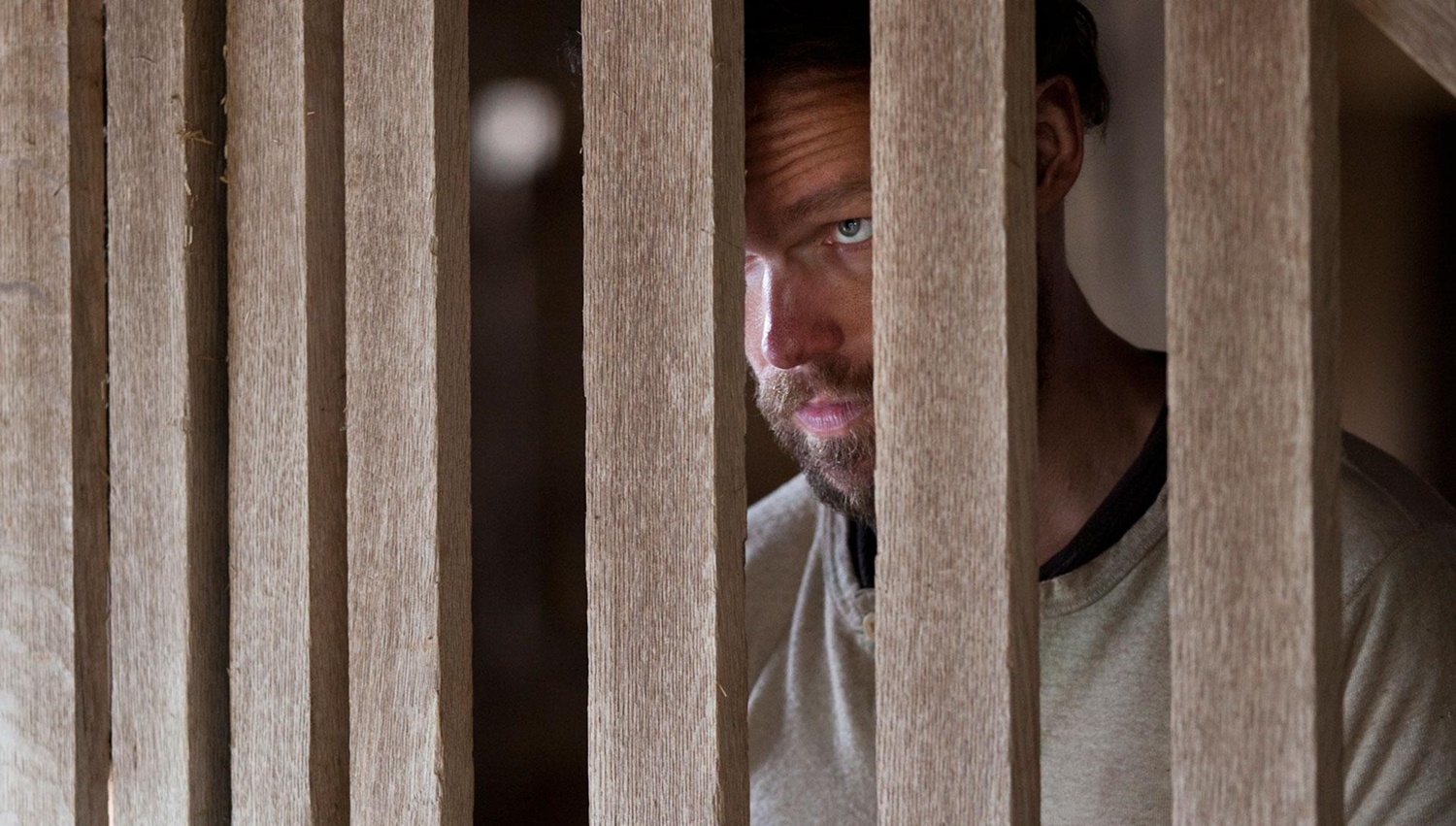
Child of God
Dustin Chase
Most of the time it’s difficult to determine whether James Franco is making fun of a subject he is studying or if he is truly interested in promoting the psychology of a character. Child of God is the latest film adapted from the words of Cormac McCarthy (No Country For Old Men, The Road) and it’s just as dark. Franco directs and co-writes the screenplay, which has a disturbed and violent character as our main subject lead. Scott Haze gives an unforgettable performance and when I say unforgettable I mean that in a nightmarish sense. When one of the first images we see is our lead character defecating in the woods (and Franco makes sure we see the entire procedure), you know you are in for something very unique.
Lester Ballard (Haze) is known around Sevier County as a disturbed man who witnessed his father’s hanging body at an early age. Lester survives mostly in the backwoods of the Appalachian Mountains, where he has been arrested multiple times for rape, disturbing the peace and violence towards the townspeople. He wanders wildly through the backwoods, sneaking up on teenagers as they park their cars for some backseat fumbling. It’s only when Lester discovers a deceased couple in the backseat of a car left running that he experiments with necrophilia, and his world is changed as he drags the corpse back to his shack and his thirst for fresh young girls begins.
Franco continues to explore his own demons throughout all this subject matter he seems interested in.
Child of God feels part documentary (with narration by local townspeople), part stage play (with the awful end-scene editing) and part horror feature as the cravings of Lester progressively get more disturbing throughout the film. Imagine Gollum from The Lord of the Rings (except human) set in Appalachia in the 1950’s and you have somewhat of an idea who Lester Ballard is and what he is capable of. McCarthy took aim at small minds and country folk in No County For Old Men, and he does that again here but in a far more derogatory manner.
The sheriff (Nelson) tells Lester, “Find some other way to live or some other place to do it,” as if he senses the darkness to come. Franco doesn’t spare the viewer much in the way of subject matter. We watch in real horror (not mainstream horror movie gloss) as this highly disturbed man goes uncared for and turns to violence and revenge. Franco continues to explore his own demons throughout all this subject matter he seems interested in. His filmmaking skills are not in question here, but one must wonder just as the sheriff does, how much darker will it actually get?
Final Thought
Franco is intent of exploring the darkest side of humanity with little regard as to why he is exploring it.
